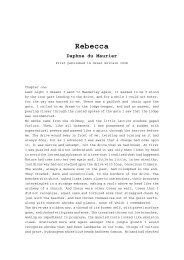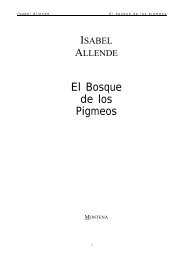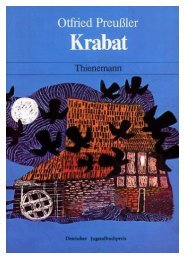Brand Failures
Brand Failures
Brand Failures
Create successful ePaper yourself
Turn your PDF publications into a flip-book with our unique Google optimized e-Paper software.
156 <strong>Brand</strong> failures<br />
of the Bombay Stock Exchange. ‘Even if Kellogg’s has only a two percent<br />
market share, at 18 million consumers they will have a larger market than in<br />
the US itself,’ he said at the time.<br />
However, the Indian sub-continent found the whole concept of eating<br />
breakfast cereal a new one. Indeed, the most common way to start the day in<br />
India was with a bowl of hot vegetables. While this meant that Kellogg’s had<br />
few direct competitors it also meant that the company had to promote not<br />
only its product, but also the very idea of eating breakfast cereal in the first<br />
place.<br />
The first sales figures were encouraging, and indicated that breakfast cereal<br />
consumption was on the rise. However, it soon became apparent that many<br />
people had bought Corn Flakes as a one-off, novelty purchase. Even if they<br />
liked the taste, the product was too expensive. A 500-gram box of Corn<br />
Flakes cost a third more than its nearest competitor. However, Kellogg’s<br />
remained unwilling to bow to price pressure and decided to launch other<br />
products in India, without doing any further research of the market. Over<br />
the next few years Indian cereal buyers were introduced to Kellogg’s Wheat<br />
Flakes, Frosties, Rice Flakes, Honey Crunch, All Bran, Special K and Chocos<br />
Chocolate Puffs – none of which have managed to replicate the success they<br />
have encountered in the West.<br />
Furthermore, the company’s attempts to ‘Indianize’ its range have been<br />
disastrous. Its Mazza-branded series of fusion cereals, with flavours such as<br />
mango, coconut and rose, failed to make a lasting impression.<br />
Acknowledging the relative failure of these brands in India, Kellogg’s has<br />
come up with a new strategy to establish the company’s brand equity in the<br />
market. If it can’t sell cereal, it’s going to try and sell biscuits. The news of<br />
this brand extension was covered in depth in the Indian Express newspaper<br />
in 2000:<br />
The company has been looking at alternate product categories to<br />
counter poor off take for its breakfast cereal brands in the Indian<br />
market, say sources. Meanwhile, the Kellogg main stay – breakfast<br />
cereals – has seen frenzied marketing activity from the company’s end.<br />
The idea behind the effort is to establish the Kellogg brand equity in<br />
the market.<br />
‘The company is concentrating on establishing its brand name in the<br />
market irrespective of the off take. The focus is entirely on being present










